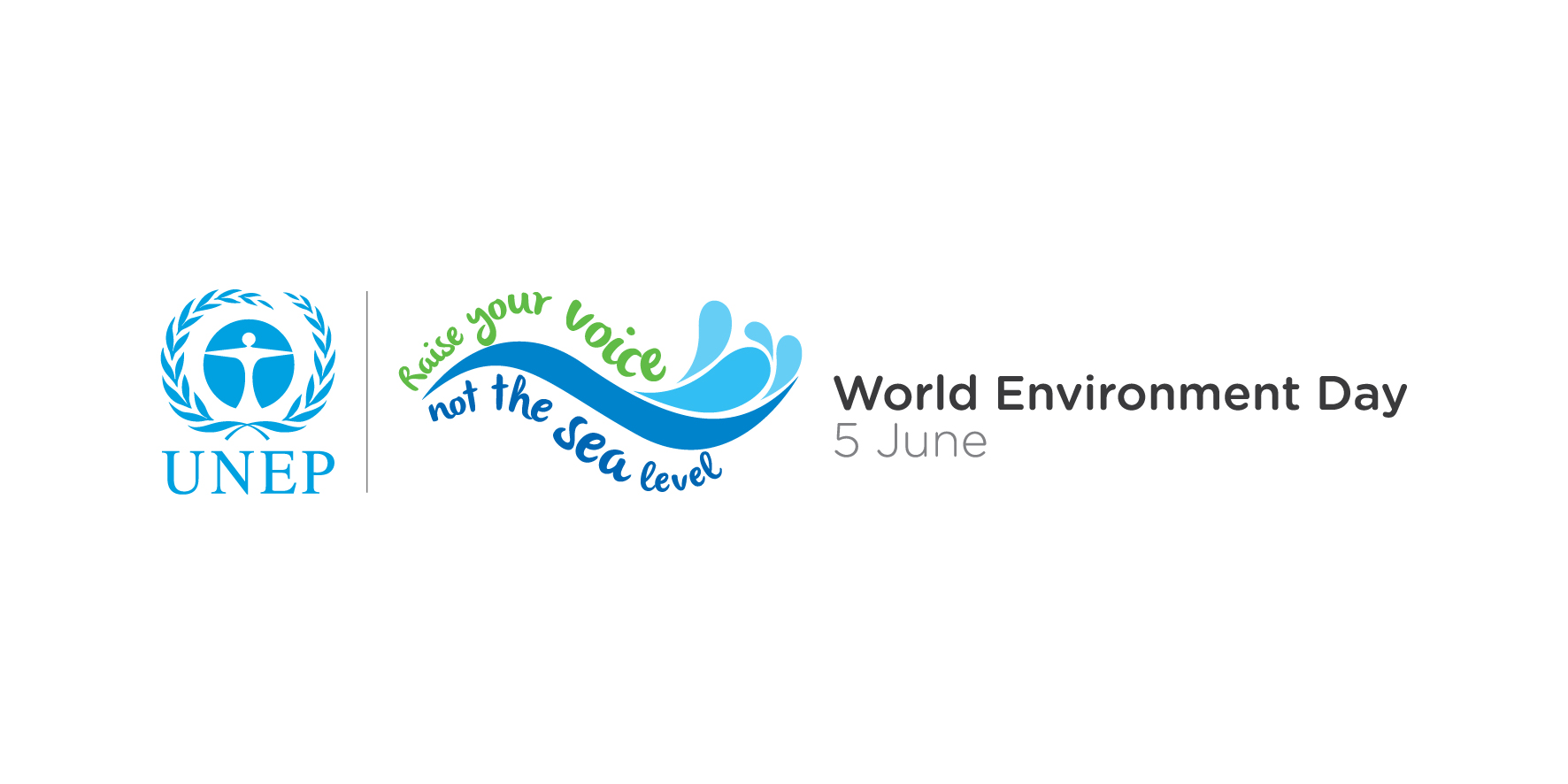Climate change threatens to profoundly impact all facets of life—not least of which include agriculture and food security. For many poor people in developing nations, the impacts of climate change can spell the difference between having enough food to meet one’s basic nutritional needs or suffering from the myriad effects of hunger and malnutrition.
On June 5th, the United Nations (UN) will celebrate World Environment Day with five days of activities in Barbados. Declared the International Year of Small Island Developing States, 2014’s World Environment Day incorporates this theme within the wider scope of climate change.
Much of IFPRI’s work is related to food security, resource scarcity, and agricultural sustainability in the context of climate change. The following are a few recent highlights of our work:
- In May, IFPRI researchers Quinn Bernier and Ruth Meinzen-Dick produced a paper for the 2020 Policy Consultation and Conference on Resilience entitled “Resilience and Social Capital.” Applying case studies from Ethiopian funerary groups (iddirs) and migrant networks in the Philippines, they study the role of social capital in coping with shocks.
- In their 2020 Conference Brief, “Are Shocks Actually on The Rise? A Selective Review of Five Types of Shocks,” authors Laura Zseleczky and Sivan Yosef take stock of five types of shocks—conflicts, natural disasters, climate change, food price volatility, and health crises—in the context of their impacts upon agriculture and food safety, as well as gauging their frequency and severity in recent decades.
- In February, IFPRI launched Food Security in a World of Natural Resource Scarcity: The Role of Agricultural Technologies. The book takes a closer look at strategies to meet food demands in the context of growing populations and income, and a changing climate. Serving as a resource for policymakers, research institutes, and international development banks, the book offers guidance on where and how to best invest resources.
- In September 2013, IFPRI launched a series of three books focusing on the impacts of climate change on food security, agriculture, and resource management in West, Southern, and East Africa.







